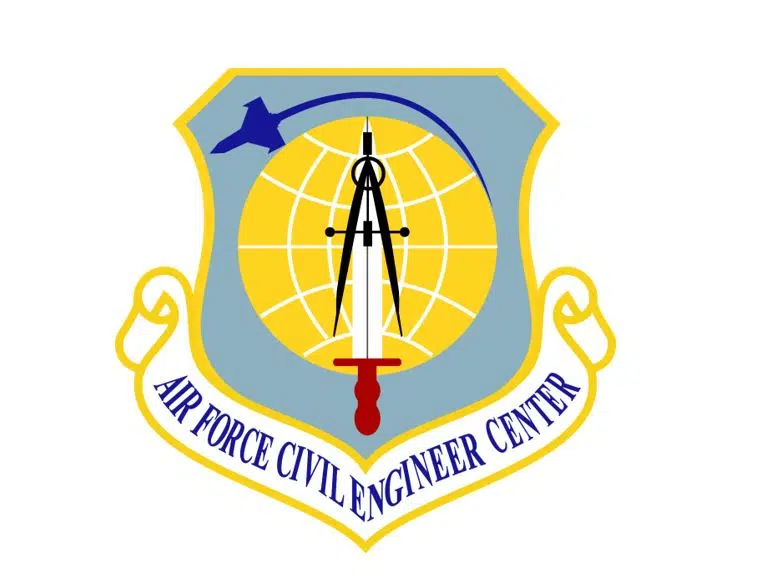The U.S. Air Force is planning to launch a new procurement vehicle for regional and worldwide construction and engineering support services. The program, called Comprehensive Construction & Engineering (C2E), is expected to have a ceiling value of $15 billion and a performance period of 10 years. The Air Force is currently in the pre-RFP phase and is seeking industry feedback on the draft statement of work, ordering procedures, instructions to offerors, and evaluation criteria for the C2E program.
One of the most notable features of the C2E program is that it will use a partially self-scoring method for evaluating proposals. This means that offerors will be required to submit a self-scoring worksheet along with their technical and price proposals. The self-scoring worksheet will contain a list of criteria and points that the offerors can claim based on their past performance, experience, capabilities, and certifications. The Air Force will then verify the accuracy and validity of the self-scoring worksheet and assign a final score to each offeror.
The partially self-scoring method has several advantages and disadvantages for both the government and the offerors. For the government, it can reduce the evaluation time and cost, increase the transparency and objectivity of the process, and encourage competition and innovation. For the offerors, it can provide more clarity and predictability of the requirements, allow them to showcase their strengths and differentiators, and give them more control and flexibility over their proposals.
However, the partially self-scoring method also poses some challenges and risks for both parties. For the government, it can increase the complexity and difficulty of verifying the self-scoring worksheets, create potential disputes and protests from unsuccessful offerors, and limit the ability to negotiate and trade-off between technical and price factors. For the offerors, it can increase the burden and responsibility of providing sufficient and credible evidence to support their self-scoring claims, expose their weaknesses and vulnerabilities to the government and competitors, and reduce the opportunity to demonstrate their value proposition and understanding of the customer’s needs.
Therefore, it is imperative for the offerors who are interested in pursuing the C2E program to start preparing their proposals as soon as possible. The C2E program is expected to be highly competitive and selective, as the Air Force intends to award only 27 contracts, divided into two pools: one for small businesses and one for full and open/unrestricted competition. The NAICS code for the C2E program is 236220, which covers commercial and institutional building construction. The solicitation number is 772ESSPKAC2E2023RFI, and the anticipated solicitation date is around February 2024. The expected award date is around February 2025.
The C2E program is a unique and lucrative opportunity for construction and engineering firms that can provide high-quality and cost-effective services to the Air Force. However, it also requires a thorough and strategic approach to developing and submitting proposals that can meet the stringent and complex evaluation criteria. By using the partially self-scoring method, the Air Force is challenging the offerors to prove their capabilities and qualifications in a transparent and objective manner. The offerors who can successfully do so will have a competitive edge and a higher chance of winning the C2E contracts.
There is another important factor that can affect the success of your proposal for the C2E program: the quality and expertise of your proposal development team. You need a team that has extensive experience and knowledge in the construction and engineering industry, as well as in self-scoring method. You need a team that can help you identify and document your strengths, differentiate yourself from the competition, and comply with the requirements and expectations of the Air Force.
One of the best teams that can provide you with such assistance is GDI Consulting, a leading provider of proposal writing, capture management, and grant writing services for government contractors. GDI Consulting has over 12 years of experience in helping clients win federal contract, with a success rate of over 94% in Self-Scoring RFPs. GDI Consulting has a team of experts who specialize in the construction and engineering industry, as well as in the self-scoring method.
You can learn more about GDI Consulting and their services by visiting their website www.gdicwins.com or contacting them at [email protected]

